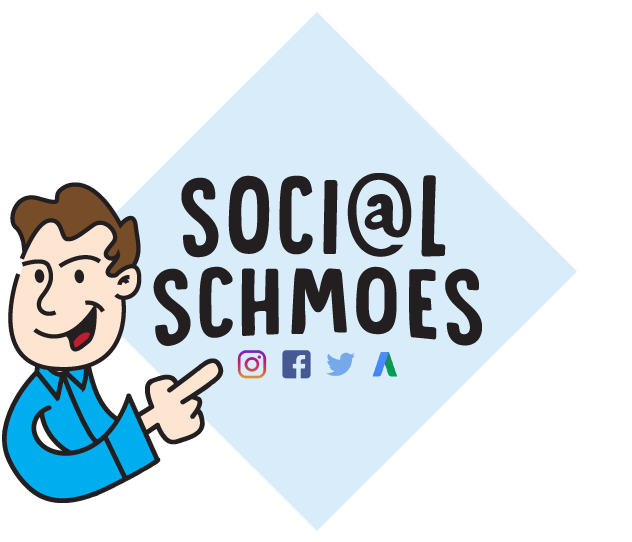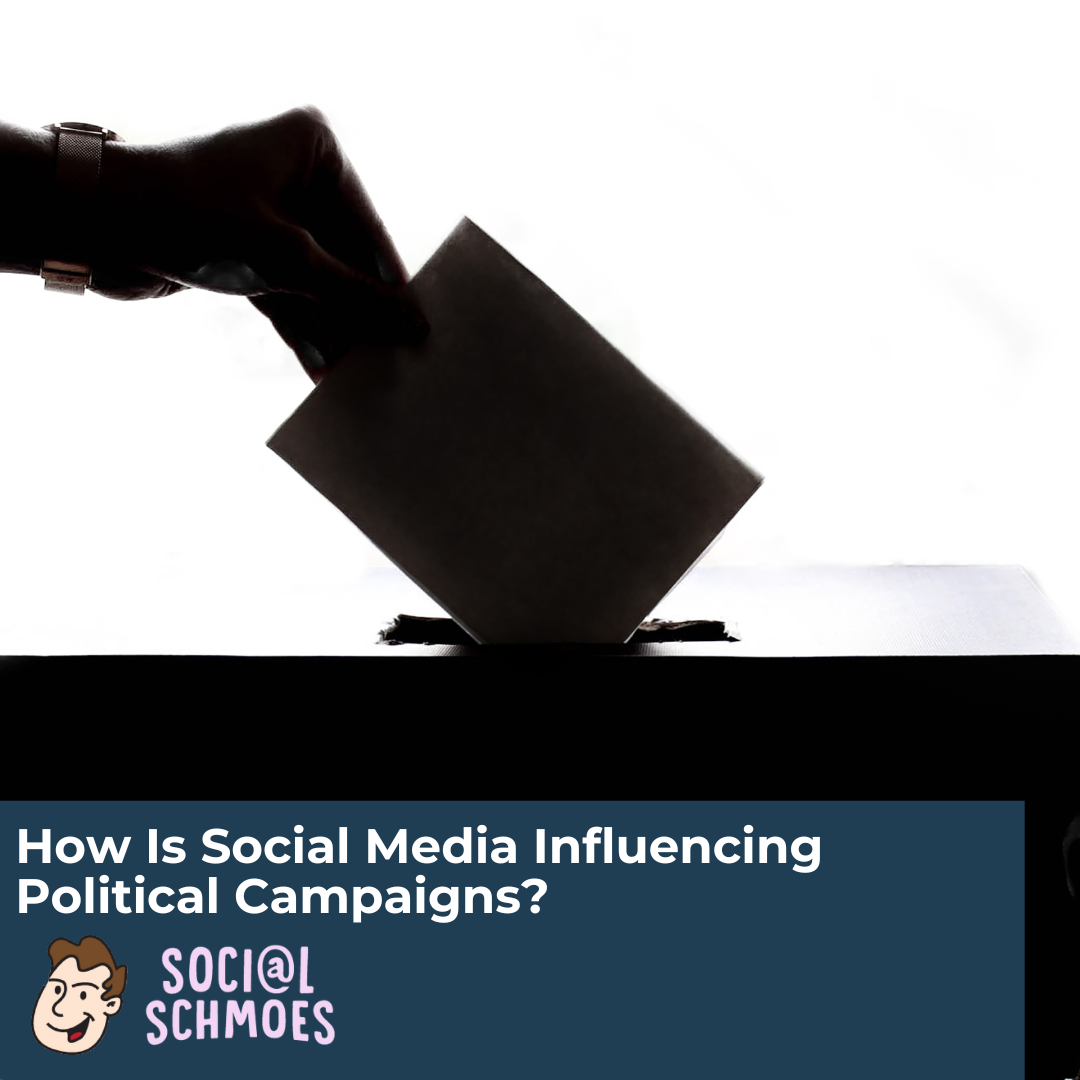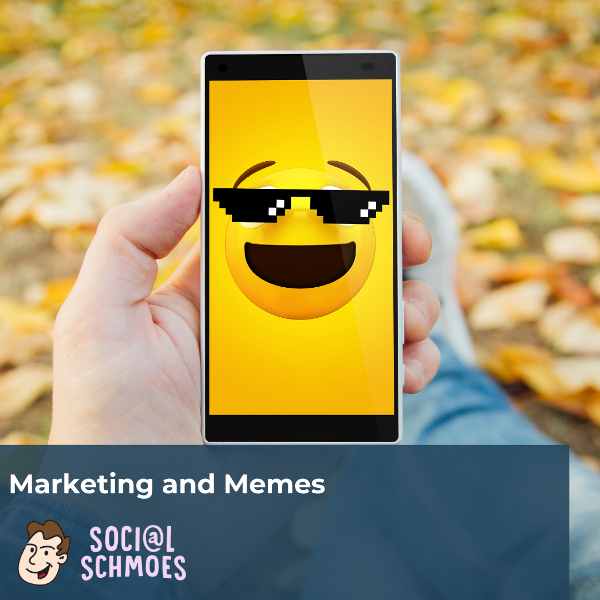
Marketing and Memes
Are they appropriate to use?
For those that don’t know, Memes are images, videos, pieces of text, etc., typically humorous, that are copied and spread rapidly by internet users, often with slight variations. They are an internet sensation which I’m sure a lot of you have seen come up in their news feeds. Did you know that you can use this widely embraced media for your business?
If executed properly, using memes to promote your business can be a very successful campaign. However, you MUST execute it properly. Meme culture can be harsh, especially if the right structure isn’t used to suit that meme. So to successfully use these memes to your benefit, you will want to do research before constructing and, most importantly, before posting.
One last thing to keep in mind if you are going to use memes to market your business: don’t be afraid to be funny. Humour is the cornerstone to memes and honestly, your customer base will most likely embrace your funny side.

Marketing And AI
AI is changing everything. Marketing is no different than any other industry affected by AI's growing capabilities and popularity. The important thing to remember is that AI is a tool that can be used to enhance your marketing strategy, not something that can completely take over your marketing for you. For example, Schmoes uses AI occasionally to help create content for posts that our clients send us without being accompanied by a photo. As good as AI has gotten, so far anyway, it still cannot replace the human element in writing that makes content engaging and credible.
What does the future hold for AI regarding marketing? It’s hard to say. Every day, AI is progressing and becoming more useful in various ways. So who knows what tomorrow brings?
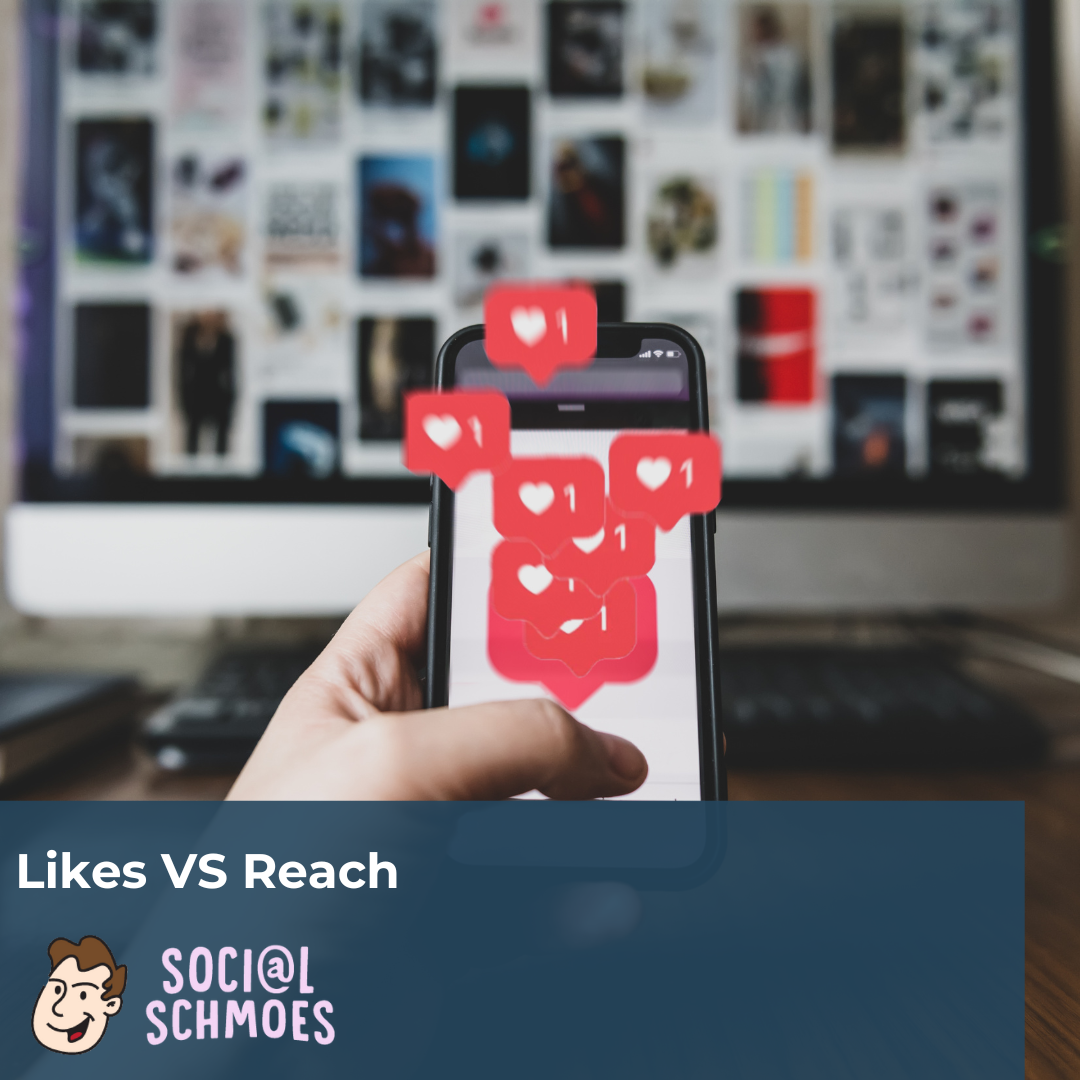
Likes vs reach
What is the difference?
It is a common misunderstanding regarding social media that “likes” measure your success. Getting likes on your posts is great because it shows that your audience engages with your content but that doesn’t measure your success on your platforms. Reach is the stat that you should be measuring your success by. This stat reflects how many times the content has been viewed, and that should be the ultimate goal; get as many eyes on your content as possible.
But once you start measuring your success by this stat, what do you do with that information? Simple. Adapt. If you are not experiencing the reach that other posts have in the past, there is something off with your posting strategy. Your posting schedule should always be dictated by the stats, meaning reviewing your analytics regularly and making sure you are posting at optimal times.
Having trouble finding the time for that? Then you need a Schmoe!
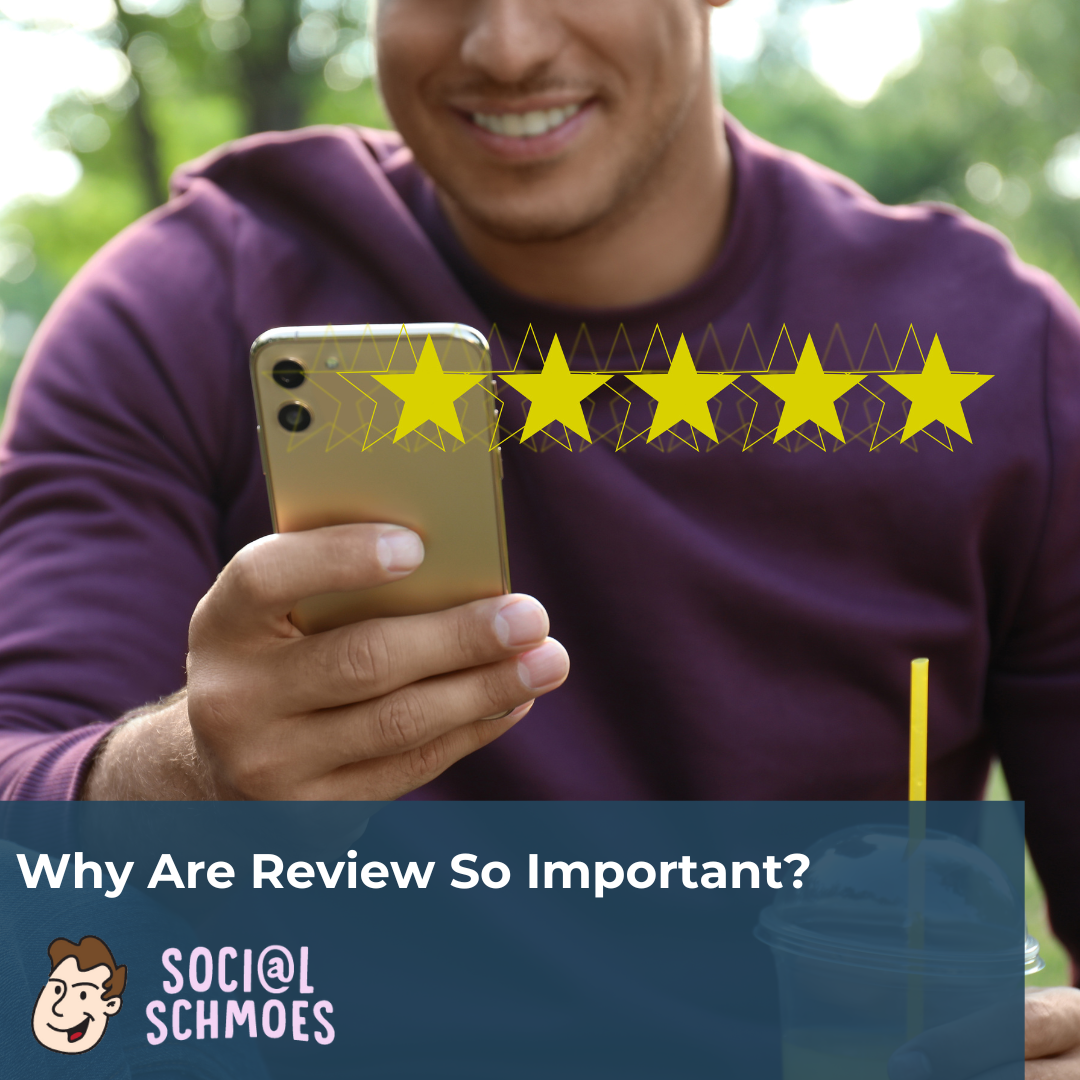
Why are Reviews so important?
Do they make a difference?
You are in a city you are not overly familiar with. You want to go for dinner. What’s the first thing you do? Google restaurants in your area, right? From there, where do you go? Reviews. That simple little process is what makes reviews so important. It has become almost second nature that when we are not familiar with a business, we Google it and check out the reviews to see what everyone thinks of it.
This subconscious act is something that you bank on as a small business. Encouraging your clientele to leave reviews when they have enjoyed their experience, could enable potential clients to shop your website or even drop in. Thus, having a good review presence, especially on Google, is essential to your business’ success.
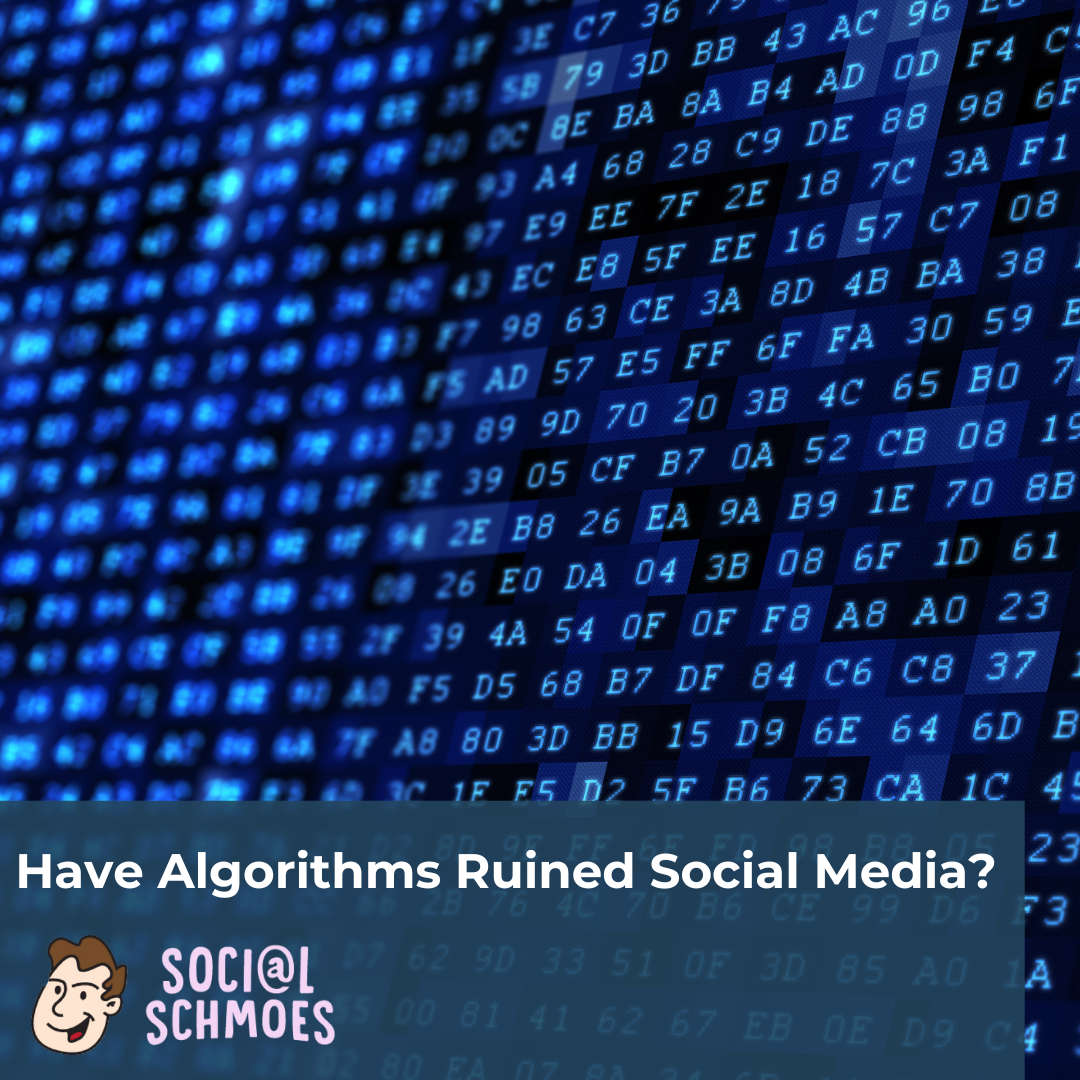
Have Algorithms Ruined Social Media?
They're changing by the day
In an ever changing world, social media remains a constant. At least for now. Social media has changed how the world receives news, whether it be political or entertainment. Instead of picking up a newspaper at the local store or tuning in to a news program, everything we need to know is fed into a feed for us. But has that feed changed for the worse?
When Facebook started to pick up steam in 2007, the world was met with quite the phenomenon; access to the thoughts of your friends, family and closest peers 24/7. It didn't take long for a dying industry of print media to jump onto this phenomenon and give access to the news of the world in this newsfeed.
Fast forward to 2009. Facebook starts to rank and sort posts in your newsfeeds. Not a whole lot of people really noticed at first, but it became increasingly noticeable in the years following that some people and some pages were no longer appearing in your newsfeed. They did have the option to sort by “most recent” but they have recently done away with that option. So now, your newsfeed is catered to your “interests” instead of showing you a chronological feed.
What does that mean for the average users experience? This should be a good thing right? Not necessarily. Just because you haven't clicked on Grandma's posts in a few days, does not mean you never want to see her in your newsfeed again. Yet sadly, the algorithms are just that touchy. Why would they do this? Money. Sure, Facebook is a free-to-use platform, but they also utilize the sale of ads and boosted posts to create a revenue stream. Are they stacking the deck a bit here? It certainly seems that way. Now with Facebook's purchase of Instagram, that platform too has introduced an algorithm-based newsfeed, however, not as invasive in nature. Funny enough, the only true live newsfeed is X, formerly Twitter. But with an owner that clearly has no idea what he is doing, X can be a volatile platform at times, with it's own shenanigans taking up interest on the platform instead.
What does this mean for small businesses trying to use these platforms to advertise their businesses? Strategy. Analytics are more important than ever, and research must be done to find the ideal days and times to post, especially on Facebook, to be successful without paying an arm and a leg. This is a time-consuming practice, but has been deemed necessary in order to be successful on these platforms. It's unfortunate, as these platforms are almost essential to be successful, yet the platforms themselves are making it harder on the small guys.
Yet another reason why you need to #JustGoWithASchmoe
